The heartwarming kirtan, “Tum Mere The Mere Ho Mere Rahoge”, written by Jagadguru Kripalu Ji Maharaj, unlocks the pathway for ignorant souls to realize their relationship with God. An understanding of this relationship and of the infinite graces of God leads one to develop devotion and divine love. This is the science behind devotion, and it has been explored in considerable depth in this kirtan of 11 verses. These verses capture the growth of a devotee in the spiritual path as he gets closer and closer to his Eternal Beloved. The verses demonstrate the various stages of divine love one experiences in the path to God-realization. The kirtan begins:
तुम मेरे थे मेरे हो मेरे रहोगे, बहकूँ न अब बहकाने से ।
जब समझ प्रेम में डूब गई, तब क्या होगा समझाने से ।।
तुम को ही तन मन धन अरपन,
तुम ही इक मेरे जीवन धन।
अब पीछे नहीं हटेगा पग, पिय विरह चोट उर खाने से ।।
Tum mērē thē mērē ho mērē rahogē, bahkūñ nā ab bahkānē sē
Jab samajh prēm mein ḍūb ga'ī, tab kyā hogā samjhānē sē
tum ko hī tan man dhan arpan,
tum hī ik mērē jīvan dhan
ab pīchē nahīṁ haṭegā pag, piy virah choṭ ur khānē sē
The lines speak on behalf of a devotee who has tasted divine love: “You were mine, you will be mine. I shall not be diverted with diversions of the mind. When the intellect is drowned in divine love, the mind ceases to understand anything except serving you. I will serve you with my wealth, body and mind. Nothing can keep me from serving you thus, not even your indifference.”
The lines not only imply that the soul belongs to God but also that God belongs to the soul. Once the soul has realised that he is a fragment of God’s energy and that without God, he would cease to exist, his mind is automatically detached from the world and gets attached to God. He then contemplates the Divine Names, Forms, Abodes, Associates and Pastimes and falls in love with them repeatedly. He thus tells his intellect that he has an eternal relationship with God and must serve Him with all his might. Despite unfavourable conditions, like the indifference of the Beloved, a true devotee never wavers from the path of selfless love. He does not alter his decision to serve God selflessly whether he is loved or not.
Maharajji, here, introduces us to the three levels of divine service that a devotee may engage in: 'tan', 'man' and 'dhan.' The highest level of service is the manasi seva, whereby one serves God in the mind by immersing his intellect in the Beloved and contemplating His happiness all the time. Lower than that is service by engaging the body. However, if one doesn't find time for that due to material pursuits, one may serve God and Guru with the wealth earned. It purifies the earned wealth and saves one from greed and selfishness.
At this stage, it would be a grave mistake to imagine that Guruji has led us to undertake these services for his benefit. Service rids the soul of impurities, and it is towards this benefit of the soul that the Guru leads us on. He also saves us from our greatest attachment, which is towards material wealth. He helps us shed false pride by helping us surrender unconditionally to him and God. The Guru thus perseveres to help us remove the curtain of God’s Yogmaya Shakti, which has kept us from uniting with Him.

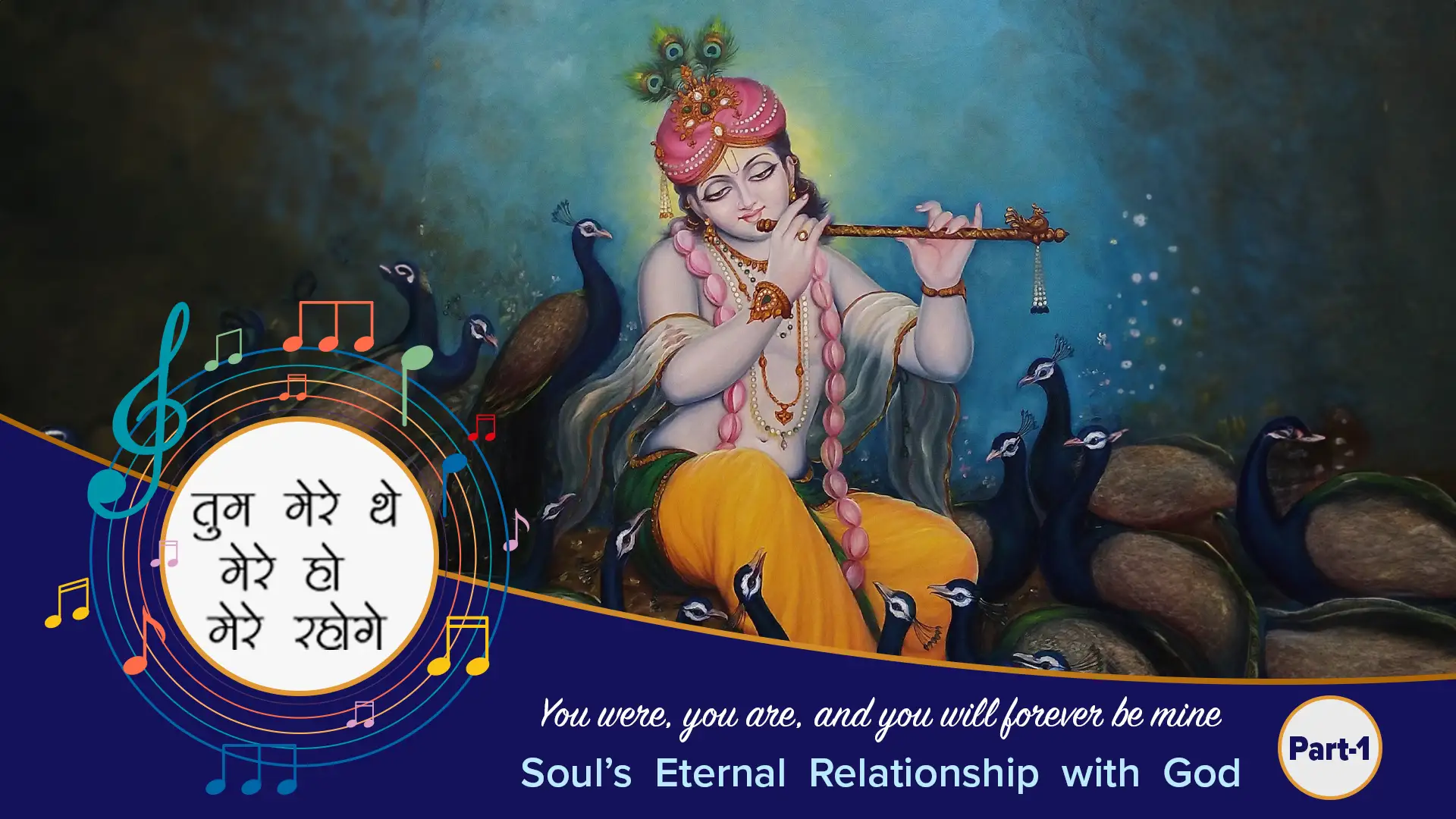

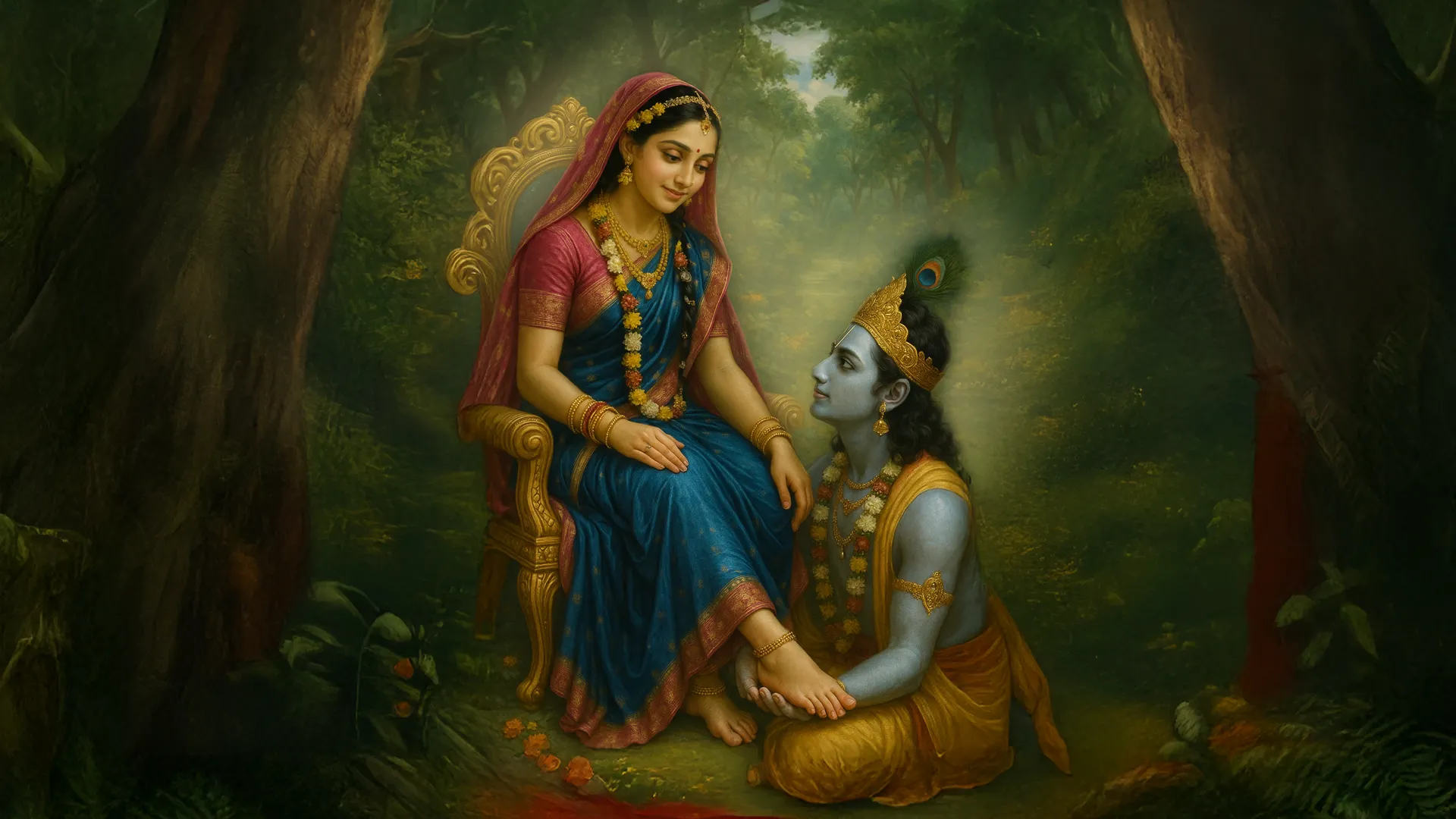
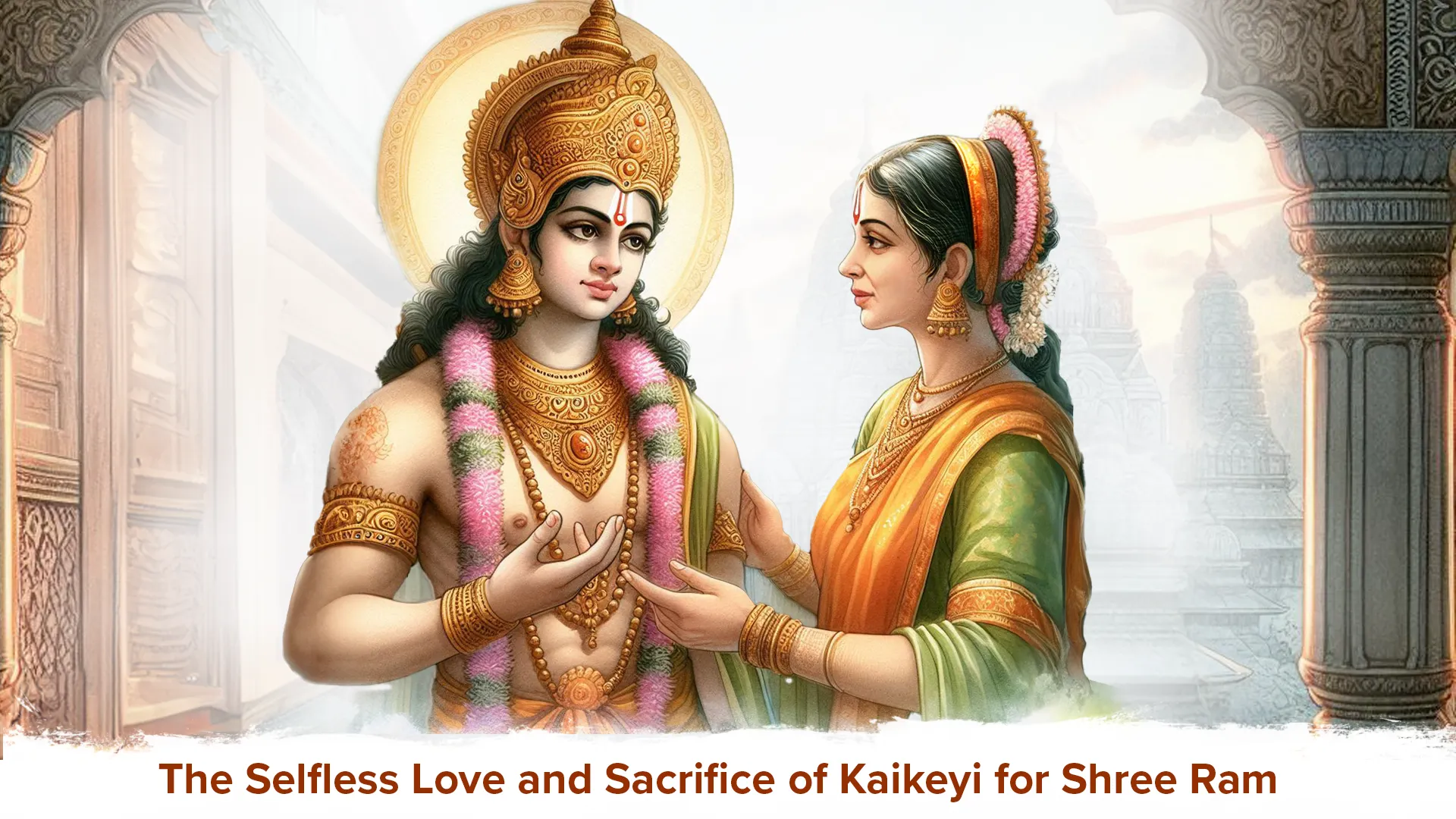
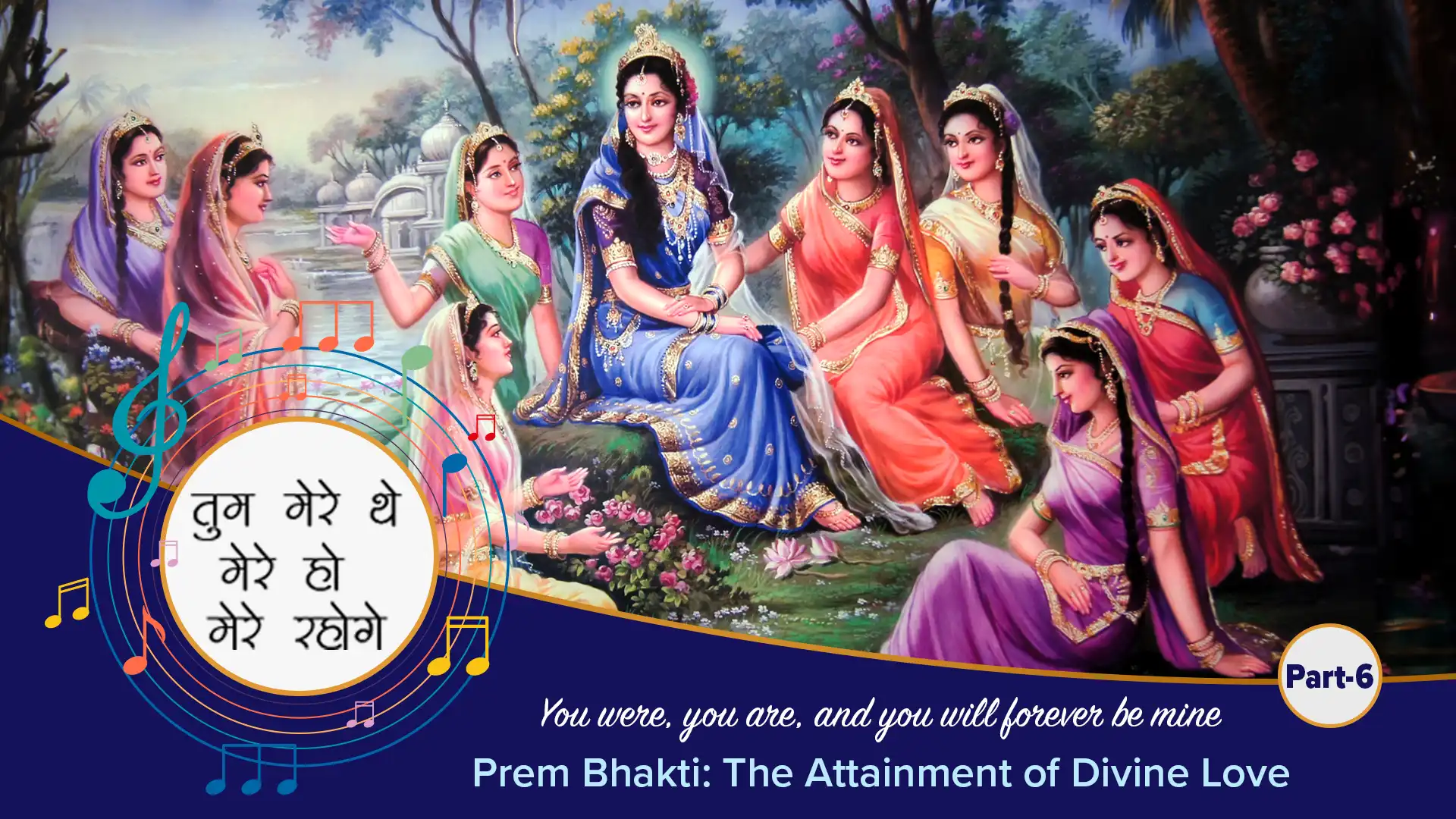
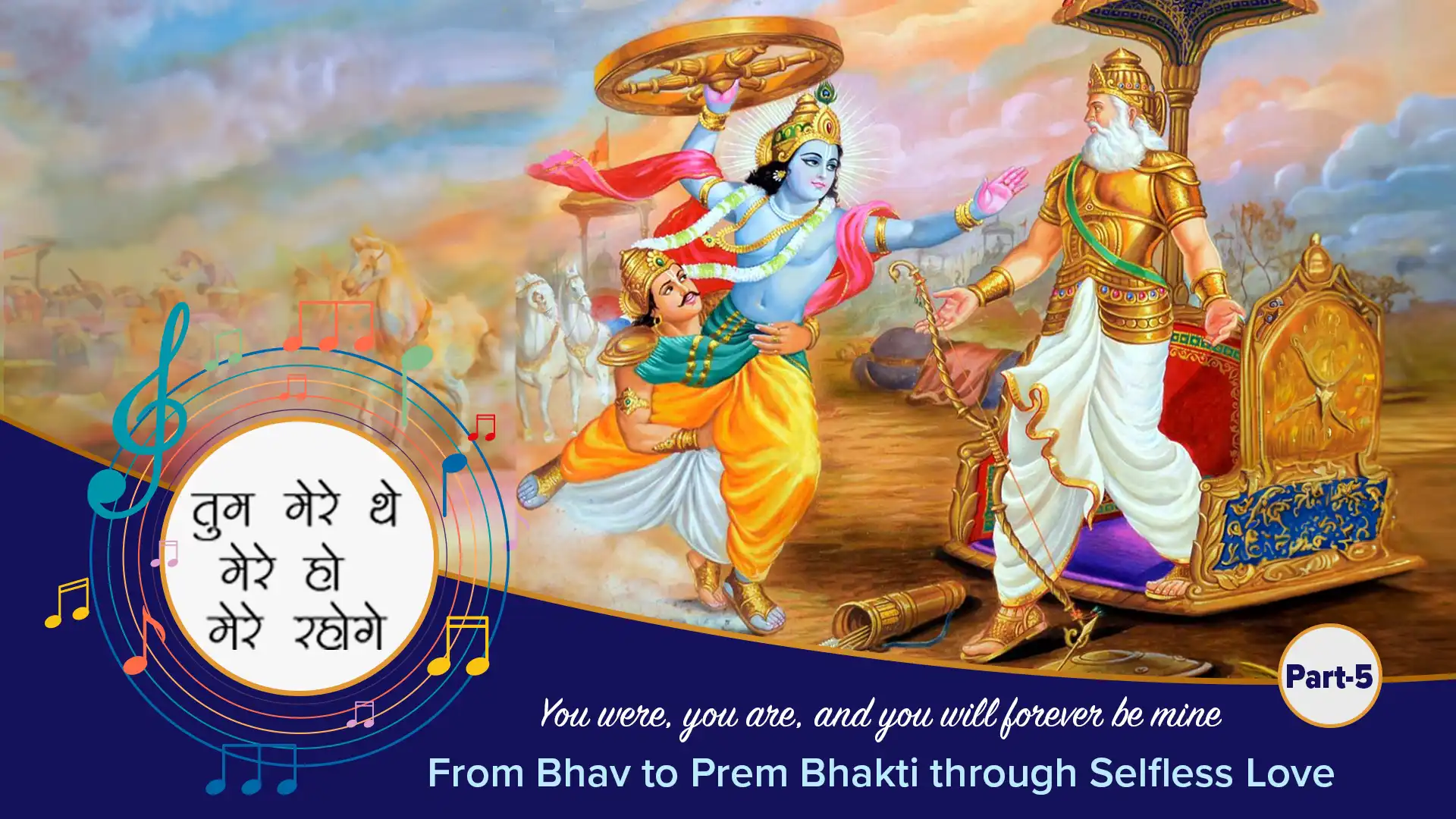
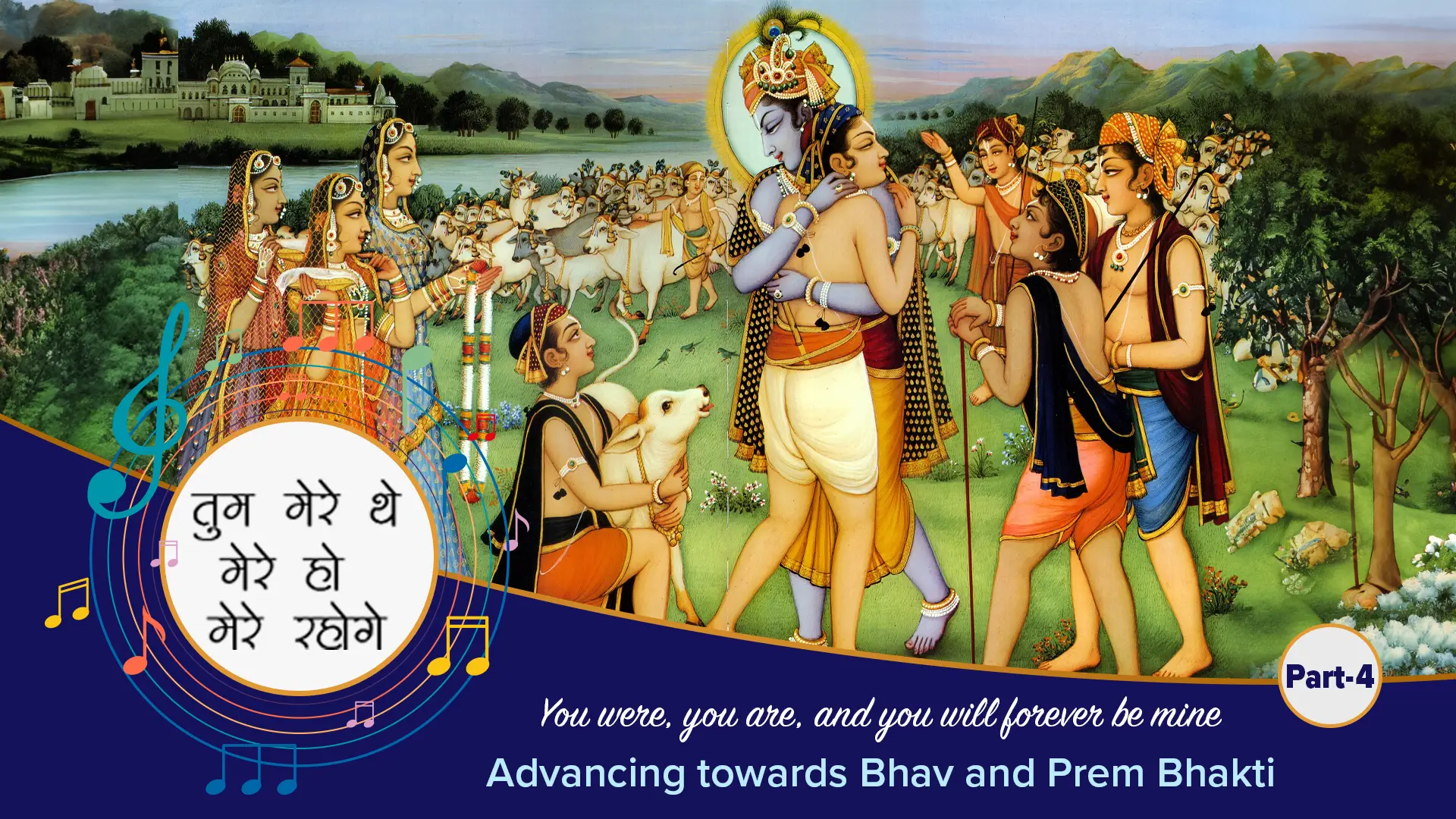
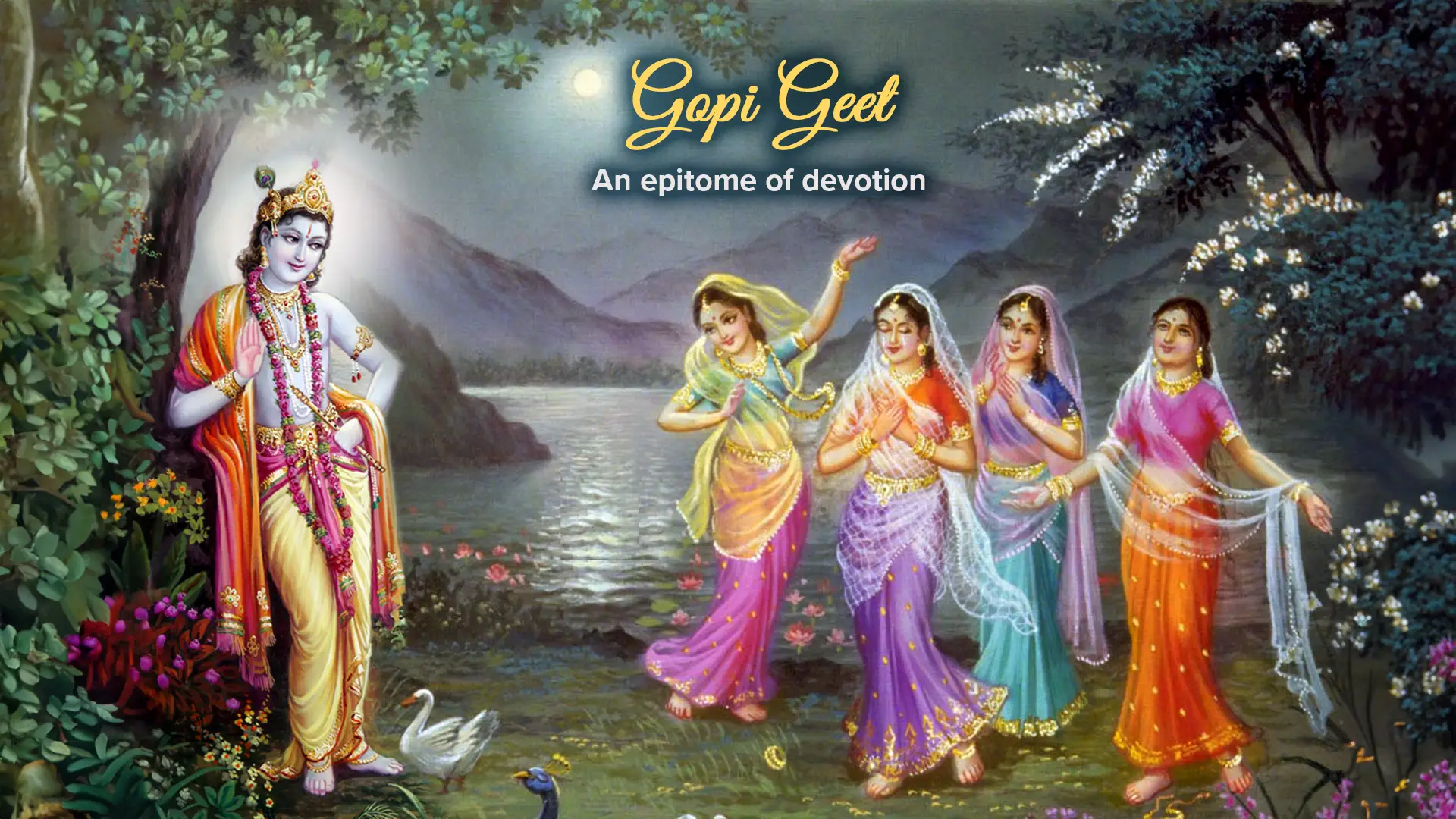
What our Participants say